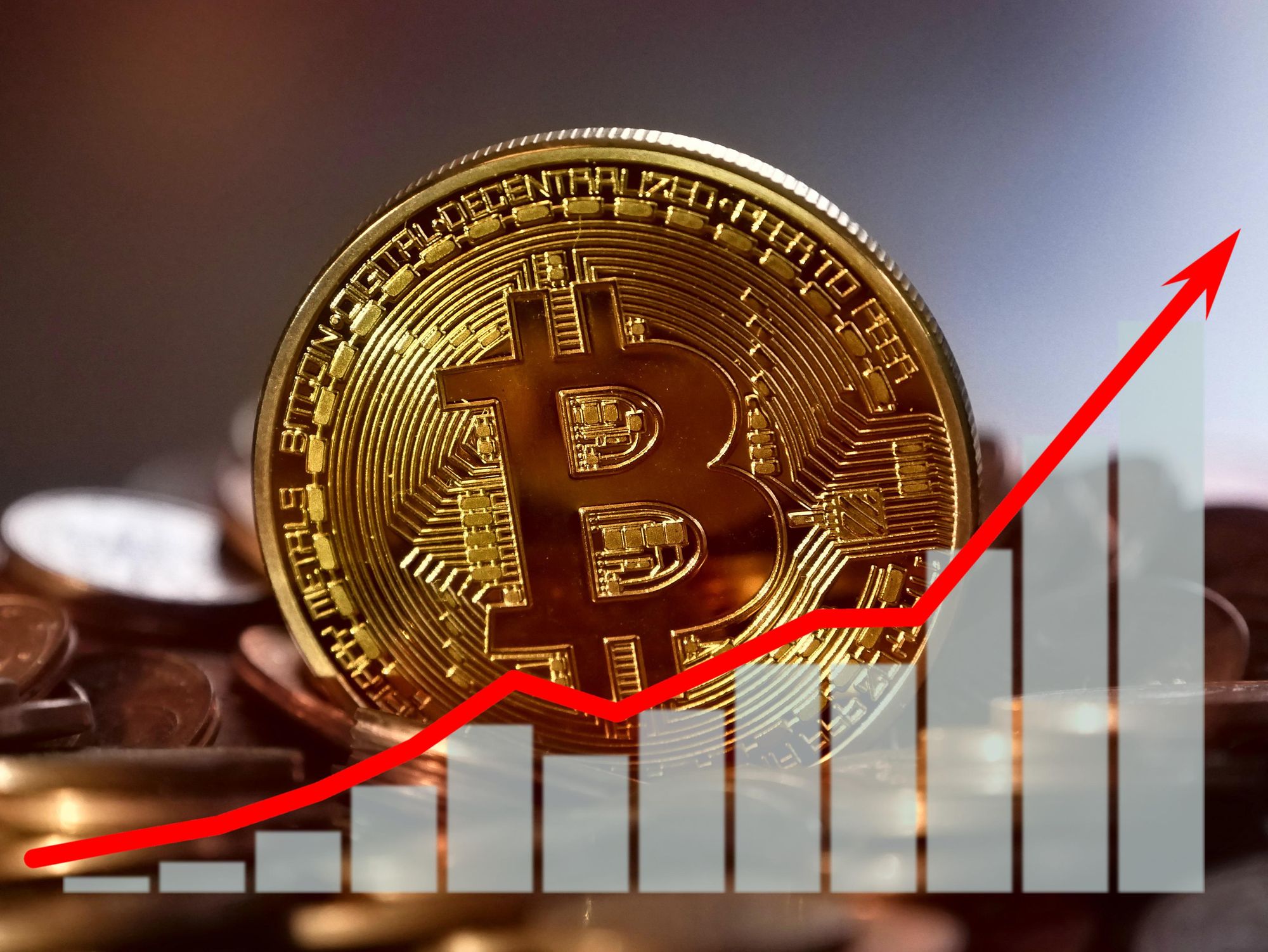Bull vs. Bear Markets: A Beginner’s Guide
Learn the key differences between bull and bear markets, how they impact crypto prices, and what they mean for your investments.

In crypto, you will come across the terms "bear and bull markets" very often.
Bull and bear markets are market slang referring to the different phases in the market. One refers to a generally upward trajectory, and the other refers to a downtrend.
This article explains what the bull and bear markets mean and the factors that bring about each phase.
What is the Bull market?
Have you ever observed how a bull attacks? It puts its head down and attacks its target in an upward motion. Pioneers and connoisseurs decided that this technique excellently reflects how the bull market functions.
In the simplest terms, the bull market is one in which there is a positive or upward trend in the prices of cryptocurrencies. It could also mean an anticipated increase in the prices of cryptocurrencies.
In this phase, interested investors are encouraged by the fast-paced growth of the economy to buy in. The potential returns on investment look inviting, and investors are mostly positive about making a sweet fortune.
A bull market has no particular measuring parameter. However, the widely accepted metric is an increase in prices of about 20% or more from recent meltdowns.
What causes a bull market?
There is no singular factor that market analysts can point to as the cause of a bullish market. However, specific agents can be held responsible based on track record and an established pattern. This is not to say that these agents each predict the onset of a bull market.
The following factors can be an indicator of an oncoming bull market. They may also cause the market to become bullish.
1. The interest of bull investors
A bull investor is one who buys a considerable amount of assets either in response to speculations or to shift the market trend.
When investors suddenly become interested in a coin or a set of crypto assets, it could indicate the market is becoming bullish. You'll begin to hear news about huge acquisitions by well-known investors or capitalists.
An example is Elon Musk's Tesla buying $1.5bn worth of Bitcoin in 2021, taking the market to a strong bull phase.
2. Higher demand and lower supply
As soon as the market trend points skyward, most crypto holders will become hesitant to sell as they anticipate further growth over time. This leads to an increase in demand.
3. Price hike
According to the laws of economics, higher demand and lower supply lead to a hike in the prices of assets. When you know that your crypto is precious, you wouldn't be so eager to sell it off, and even if you do, it'll be at a very high price.
4. Positive Speculations
Funny as it may seem, bull investors' speculation is reason enough for other investors to buy in. When the economy thrives, and investors expect it to continue for a while, it encourages others to hold onto their assets and acquire more.

Characteristics of a bull market
As a beginner, to recognize the crypto market's phase at any given point, look out for these characteristics.
● Increase in prices up to 20% since the last downtrend.
● Increasing demand for crypto and reduced availability. This is one of the reasons prices are hiked.
● A prospering economy is indicated by increased employment rates, company growth, etc.
● Increased confidence in the market.
It is important to note that a bull market can die at any time due to different factors. Many of these factors are interrelated. One leads to another, and so on. They are
● Decreased confidence in the market.
● Unforeseen circumstances affect the economy, like a pandemic or war.
What is a bear market?
Just as the fighting style of the bull inspired the name of the market phase, the bear also inspired this with its fighting style. A bear attacks by beating down on its target. Hence, A bear market is a market phase in which there is a downward trend in the prices of cryptocurrencies or other commodities. Bear markets are sometimes referred to as "dips'.
Just as the 20% marker measures the bull market, a market is said to be in its bearish phase when the prices of assets have seen a 20% decline or more from recent highs.
A bear market is often in view when there are speculations of a decline in the economy or actual decline.
What can cause a bear market?
The same factors at play in a bull market are the same factors that bring about a bear market but in the opposite direction. A downward trend can be caused by
1. Negative speculations
There is a saying that when one person sees a tiger in the neighbourhood, it is a rumour, but when three or more people see it, it is the truth.
Speculations and sentiments affect the financial and crypto market to a considerable extent. If many influential people begin to predict a fall in the economy or prices, it reduces the confidence of other asset holders. With this in mind, they begin to offer their holdings for sale.
2. Reduced confidence
A bear market is usually close by when investors lose confidence in their assets due to news of an impending economic meltdown or a widespread disaster like the COVID-19 pandemic.
Reduced confidence pushes crypto holders to sell their assets to avoid or cut down on any losses, as nobody knows when the market will bounce back.
3. Economic crises
This goes without saying. Businesses halt when there is a pandemic or war, and the employment rate reduces. Cashflow also decreases, and consequently, the economy takes a hit.
When this happens, it’s only natural that asset holders rush to sell their holdings at low prices to cut back on losses or further decline.
4. Higher supply and lower demand
After the agents listed above have taken their toll on the market, a general decrease in the prices of crypto assets happens. Since sellers are more than buyers, the prices keep going lower.
Key Points to note about the Bull vs. Bear markets
● The market is not always in one of either phase. It can also be in equilibrium, where the demand is proportionate to the supply.
● Even in bull phases, prices can dip. This is referred to as market correction. Sometimes, a dip during a bullish phase leads to equilibrium.
Final Word
Both bull and bear phases will constantly raid the crypto market.
As a beginner, it is easy to be crippled with fear, but the key to surviving is knowledge.
Based on your financial goals, you can decide to HODL during the bear phases or rely on a trusted exchange like Obiex to walk you through.
Thorough research of economic factors and events can help investors know how to maximize both phases. Making fact-based decisions and not speculations alone is essential.
Disclaimer: This article was written by the writer to provide guidance and understanding of cryptocurrency trading. It is not an exhaustive article and should not be taken as financial advice. Obiex will not be held liable for your investment decisions.




